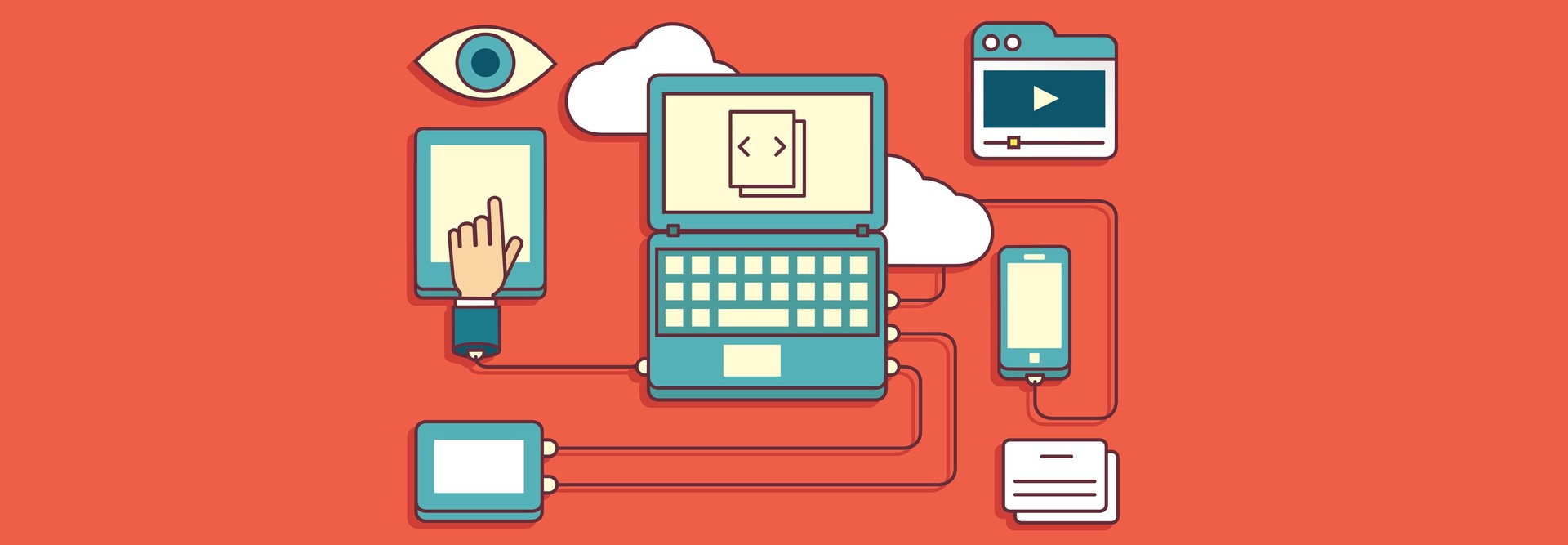Top IaaS Cloud Services from Microsoft Azure That Healthcare Organizations Should Embrace
Infrastructure as a Service has come a long way in healthcare. It is a far cry from a few years ago when I would say the phrase “IaaS” in meetings and get the following response: “We like the ability to hug our servers.”
But times are changing. IT managers face the need to do more with less, all while trying to support the shift of healthcare from fee-for-service to fee-for-value.
As a result, healthcare organizations are struggling with the exponential rate of data growth, trying to develop new services to attract/retain patients and challenged with providing the most up-to-date information at point-of-care for patients.
With that in mind, many healthcare providers look to leverage cloud technologies, from Software as a Service to IaaS, as a means to address these industry challenges. Microsoft’s Azure IaaS is a collection of integrated cloud services that is becoming ever more popular in healthcare.
In fact, according to the HIMSS Analytics 2016 Cloud Survey “The Cloud Evolution in Healthcare,” respondents (those working in IT, C-suite and clinical management at hospitals, large group practices, ambulatory care facilities, home health organizations, payers and more) most frequently considered Azure as the choice to provide back-office solutions.
Because security is a shared responsibility, technologies such as Trend Micro’s Deep Security for Azure should also be engaged to protect the operating system and application layers. Nevertheless, with Azure’s stringent security, healthcare entities can expect Microsoft’s business-associate agreement to ensure Health Insurance Portability and Accountability Act (HIPAA) compliance with state-of-the-art data centers and strong security from the physical to hypervisor layer.
Azure can support a plethora of functions. However, as a cloud client executive supporting healthcare nationally, the following are the top four Azure IaaS cloud services that I believe healthcare organizations can adopt.
Testing and Development
Testing, development, quality and assurance are very easy ways to get started in Azure. It allows for faster time to market and the spin-up, spin-down capabilities for which cloud services are inherently beneficial. For example, a more expansive application programming interface (API) library makes mobile integration easier.
Backup
The rate at which data grows in healthcare is staggering. The continual growth of that data, coupled with the mandates on retaining patient data, for example, drive entities to seek more cost-effective and scalable technologies, while leveraging their traditional storage environments.
Adopting Azure as a backup target for long-term archiving is increasingly popular. By using backup technologies such as Azure or Veeam, organizations can keep hot data onsite, while pushing archival/cold data to the Azure cloud.
Disaster Recovery
Many times, I hear from healthcare organizations that they don’t have a true disaster recovery site or their recovery data center isn’t geographically diverse from their production data center. With Azure, deploying site recovery doesn’t require a capital expenditure on hardware. Plus, it can account as a geographically diverse location, thus helping to meet the HIPAA regulation for covered entities to maintain both a backup and disaster recovery plan.
Internet of Things
Internet-connected devices that trade and collect data — now commonly known as the Internet of Things (IoT) concept — are booming. The healthcare market will expect to see nearly 646 million IoT-connected devices by 2020. IoT can drive innovations such as remote monitoring and smart hospital rooms and homes.
For example, a chronic-care patient can now be monitored at home via a wearable device, and data collected from that wearable can feed into the Azure cloud. Layering on analytics would help healthcare entities harness meaningful and actionable data to positively improve outcomes, prevent readmissions and reduce the cost of healthcare.
Healthcare is poised for a transformation. It is no doubt that the cloud will be part of the catalyst of that change. With Azure’s vast capabilities, healthcare organizations can rest assured their environments — whether hybrid or fully in the cloud — are secure and based upon technologies that are familiar to them today. As a result, they can concentrate on the core mission of improving patient care and driving patient engagement.









